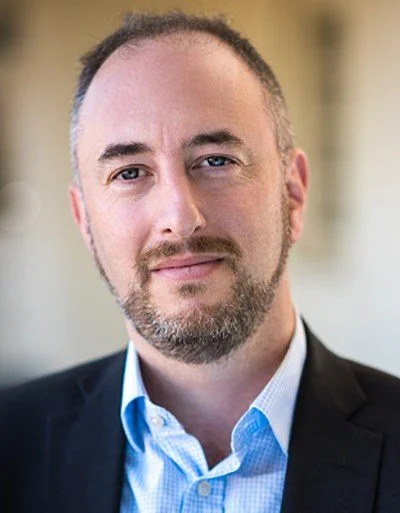
Learn | Build | Heal | Grow | Love
Children | Adolescents | Individuals | Couples | Families
Treehouse Wisdom & Wellness Center for Couples, Families, and Children
We are a unique counseling, therapy, coaching, and consultation boutique-style practice located in Cortlandt Manor, New York. Unlike other managed care practices in the area, we believe in the power of specialized training and individualized therapy. Our clinicians undergo rigorous training in their areas of expertise, ensuring that you and your family receive the highest care tailored to your unique needs.
At Treehouse Wisdom and Wellness, we don’t believe in quick fixes or a one-size-fits-all approach. Whether you’re seeking support for yourself, your relationship, or your child, our team is here to provide compassionate and effective care. Our services include continuously trained professionals who value choice and expertise, emphasizing who you are becoming rather than what you were.
Reach out to us today to begin your journey toward healing and growth!
Where Future Therapists Learn, and Families Grow
What truly sets us apart is our dual commitment to accessible care and hands-on training for future clinicians. Each year, we partner with local universities to support graduate students in social work, mental health counseling, and marriage and family therapy. These carefully selected interns provide low-cost services, making therapy more accessible to families, while being closely supervised by both an experienced in-house clinical supervisor and their university faculty.
This model allows clients to receive the benefit of two dedicated therapists working together—bringing fresh insight, constant collaboration, and thoughtful, evidence-based care. It’s a team effort designed to support you or your families’ growth every step of the way.
2026 Clinical Associates
-
Mercy University, Master of Marriage and Family Therapy
-
National University, Master in Marriage and Family Therapy



